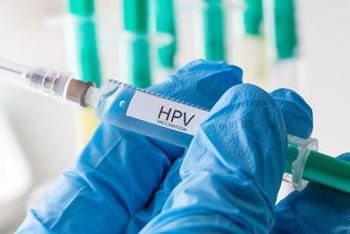
A recent study found evidence of herd immunity to HPV oral infection among unvaccinated men aged 18 to 59 years in the United States.

A recent study found evidence of herd immunity to HPV oral infection among unvaccinated men aged 18 to 59 years in the United States.

The target action date for the V920 investigational Ebola vaccine is set for March 14, 2020.
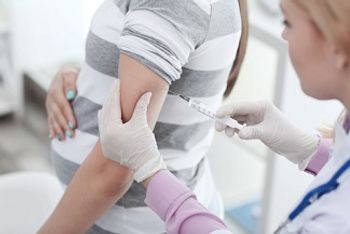
Infection with pertussis or influenza can be serious, and in some cases deadly, in newborn babies, therefore it is critical for pregnant women to receive the Tdap and influenza vaccines.

A NIAID-sponsored study found that most participants who received a 5-day course of broad-spectrum antibiotics prior to a season flu shot had reduced levels of gut bacteria.

Between July and August 2016, a decrease of 10.4 days of therapy per 1000 patient days (7.6%; P = .002) was observed.

A new study delves into the debate of N95 respirators versus surgical masks for seasonal influenza and other respiratory illnesses.
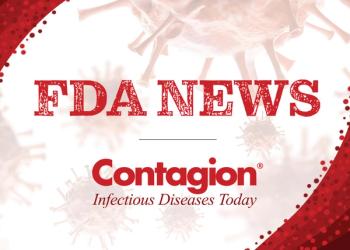
Here is a look at infectious disease-related US Food and Drug Administration news from the week of September 8, 2019.

We’ve rounded up a list of important US Food and Drug Administration (FDA) and US Department of Agriculture (USDA) recalls from this past week.

Stay up-to-date on the latest infectious disease news by checking out our top 5 articles of the week.

A total of 130 influenza-associated pediatric deaths were reported during the 2018-19 flu season.

The prevalence of sexually transmitted infections is rising, and a new study suggests a higher risk for HIV-positive MSM whose partners use PrEP.

Although drinking water-associated outbreaks are rarely reported in the United States, they were the most commonly reported etiology for outbreaks associated with untreated ground water from 1971-2008.
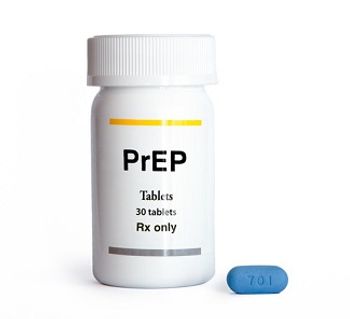
A study conducted in Kenya demonstrated that appealing to women who present at family-planning clinics to obtain birth control can increase the percentage who will use PrEP.
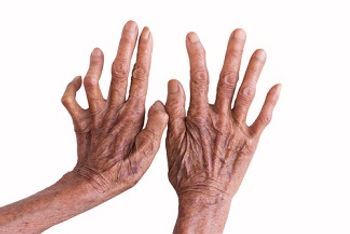
Even though leprosy is not widespread in the United States, the current landscape in some cities, such as Los Angeles, is creating the perfect environment for so-called “ancient” diseases to flourish.
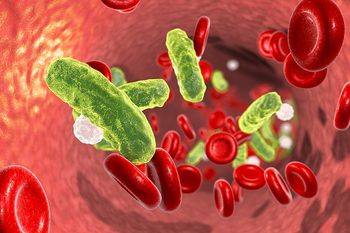
Study investigators assessed the nationwide incidence of sepsis within 42 days of delivery discharge.

Following outbreaks and disinfecting failures, new recommendations advocate for duodenoscopes with disposable components seek to drive change in reducing risk of patient infections.

A novel combination of ceftriaxone, sulbactam and disodium EDTA (CSE) was found noninferior to meropenem to treat cUTIs caused by gram-negative pathogens.
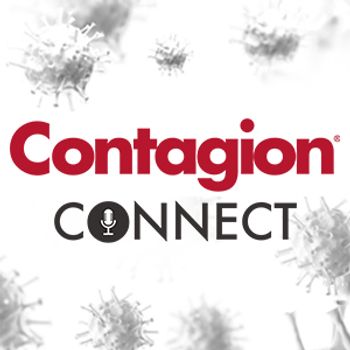
In this episode, we take a dual look at the recently announced changes to antibiotic reimbursements from the Centers for Medicare and Medicaid Services from both the clinician and industry perspective.

Japanese researchers work to refine RDV, a tool for rapid identification of pathogenic agents.

The team identified a new strain type within the emm1 bacteria group, which differed from the other emm1 strains by 27 genetic mutations.

Several cases of scombroid poisoning were reported on September 4, 2019, among individuals who consumed tuna steaks purchased from 3 different Kroger retail stores in Ohio.

There was no difference in HIV acquisition among women who used progestogen-only injectables, implants, or intrauterine devices.

In the doxycycline as PrEP arm, there was a 73% reduction (p = .02) in syphilis, Neisseria gonorrhoeae, and Chlamydia trachomatis infections.

An automatic, built-in alert shows promise in helping to de-escalate antibiotic use at a large community teaching hospital.
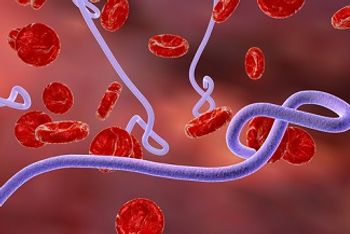
Investigators observed that, when compared with the general population of Guinea, survivors of Ebola had a 5-fold increased risk of mortality over a mean of 1 year of follow-up after discharge.
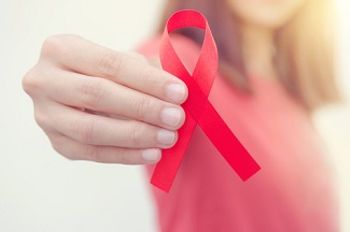
In 2018, the UK recorded 4484 new cases of HIV, representing a 28% decrease compared with the 6271 new diagnoses documented in 2015.

A new study using shotgun metagenomic sequencing found that FMT yielded a sustained decrease in antimicrobial resistance genes and potential pathogens in children with recurrent C diff.

A new article aims to help health care organizations set up antimicrobial stewardship programs based on sound scientific evidence.

Here is a look at infectious disease-related US Food and Drug Administration news from the week of September 1, 2019.

We’ve rounded up a list of important US Food and Drug Administration (FDA) and US Department of Agriculture (USDA) recalls from this past week.